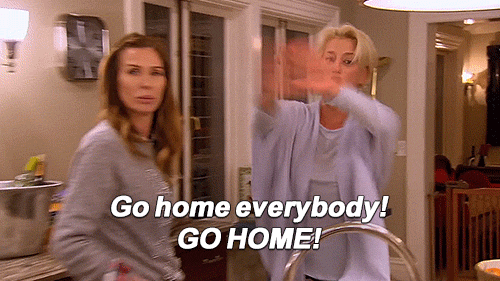I barely knew anything about billing before becoming an attending – the only tidbits I knew were: 1) there are levels 2) gotta have a certain number of systems in your ROS with at least 2 specifics per system 3) the reason I document “fundoscopic exam: unsuccessful” in a 7 month old instead of deleting the line like a sensible person who understands 7 month olds has something to do with min-maxing billing, and 4) ED charts say “MDM” a lot.
These are the charts our coders gave me during my 10 minute billing orientation:

So that’s good – theoretically I should be able to just consult the horoscopes augheries billing charts and see what level I can bill for based on what I had time to document in my note, right?
Except “Medical Decision Making” seems to supersede everything and is apparently totally derived from how many tests I order and how many prescriptions I give, rather than how much thought I put into NOT ordering extra tests and unnecessary drugs.
It’s outrageous, really: you could meet every criteria for a Level 5 visit on those charts, but if the auditor thinks that your Medical Decision Making was ‘uncomplicated’ (meaning either your conclusion was that the pt was at minimal / low risk of imminent death, and / or you didn’t order more than 1-2 tests or prescriptions) then they will downgrade your whole beautiful 5 page note to a Level 2 visit and ding you for overbilling.

OR you could just document as you see fit, not worry about consulting any billing charts or double checking your note, and just type the magical words “Greater than 50% of this 60 minute visit was comprised of face-to-face counseling and coordination of care” in there at the end and call it a day.

The worst part is that our outpatient EMR seems hell-bent on helping me bill to the highest level via complicated charting (radio buttons for everything! 7 extra clicks to get to the ‘free text’ option!) and it is JUST NOT WORTH IT, SIR.
I honestly didn’t ask questions about EMRs when I interviewed for jobs because I firmly believed that – as a millennial – I can learn any software and make it work. I guess I was so used to attendings complaining about Epic (which, at least at the more expensive version my fellowship hospital used, is fantastic) that I foolishly believed I could use any EMR.
But I am here to tell you folks that there are absolutely EMRs in existence where 1) it takes 4 clicks to get to physician notes, and then despite having a blank left-hand of the screen, you have to double-click on each physician note to view it 2) phone encounter notes are so cumbersome to create and ugly once created that nobody even bothers to document phone encounters – which is fine with the EMR, created for the sole purpose of billing, because you can’t bill for a phone encounter so why make it accessible, ever? and 3) orders can only be written by first selecting or creating a diagnosis, then clicking an appropriate tab, then correctly typing in the entire order, then linking the order to the diagnosis anyway.
TL;DR: Allscripts EMR is absolutely a viable reason to turn down a job.
But it’s not all complaining here in Attending Land.
Mostly there’s long hours of me not doing anything. Because I just started and I don’t have any patients.
Mostly I just kind of show up in the office from 9am – 2pm out of a general sense that I should be physically at work some of the time to justify my paycheck.
They tell me my outpatient schedule will get busier once I start taking call next month.
We’ll see…





















